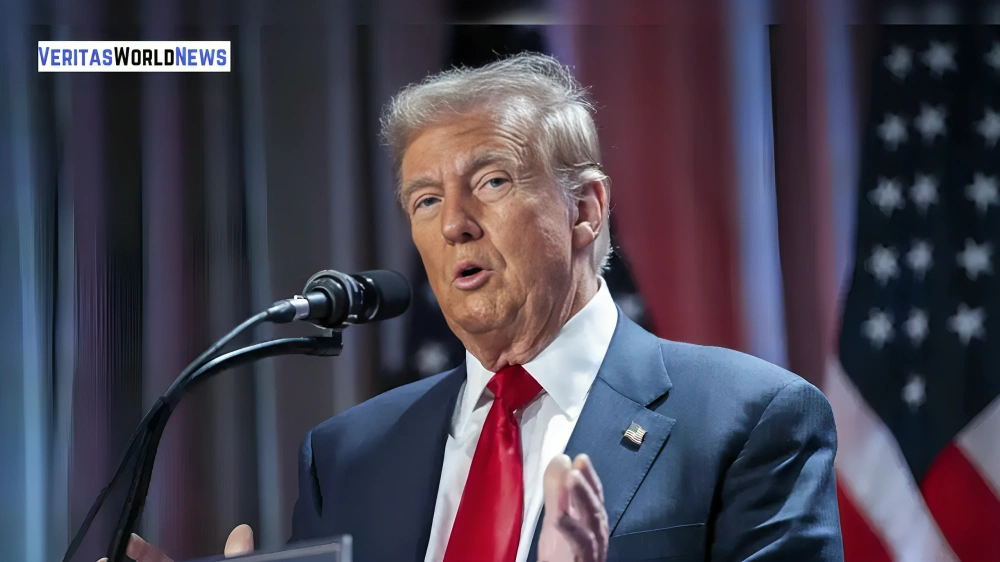
Republican Division and the Role of Trump and Musk
In a high-stakes political showdown, the U.S. House of Representatives narrowly skirted a potentially catastrophic government shutdown just hours before Christmas. The last-minute vote saw a decisive 366-34 outcome, predominantly opposed by Republican votes, as it aimed to ensure government operations continue through mid-March 2025. Intriguingly, this measure pushed aside a central command from former President Donald Trump to eliminate the debt ceiling, spotlighted by the controversial influence of Elon Musk. Both Trump and Musk’s sway have caused friction and exhaustion among congressional Democrats and some Republicans. The alignment between Trump and Musk has stirred heated debates, displaying a complex landscape of power and influence.
Impact on the Republican Agenda and Economic Considerations
The refusal to accommodate Trump’s demand to abolish the debt ceiling reveals internal discord among Republicans, intensified by criticisms from figures like House Democratic Leader Hakeem Jeffries. With an incoming Trump-Musk administration poised to reshape policies with a razor-thin Republican majority, the decision holds profound implications. While many Republicans openly advocated for a shutdown to advance their agenda, the ultimate need to negotiate under Speaker Mike Johnson’s guidance reveals the pragmatic challenges of governance. A shutdown, avoided by a hair’s breadth, would have delayed military paychecks and crucial federal services during peak holiday times, illustrating the nod to practical governance over ideological rigidity.
Triumph of Pragmatism Over Presidential Influence
The House’s move to reject an unprecedented removal of the debt ceiling despite Trump’s aggressive push represents a conservative triumph of pragmatism over populist pressure. A government indefinitely shackled by fiscal chaos was averted, favoring the stability of essential services over radical fiscal revisionism. Conservatives can argue this decision preserved the integrity of our financial system, preventing unmanageable deficit increases and potential economic turbulence. With House Speaker Mike Johnson and GOP Representative Malliotakis expressing frustration, there is a clear divergence between traditional Republican fiscal warriors and those pushing Trump’s unrestrained fiscal expansionism. These internal conflicts in the GOP highlight the ongoing struggle to reconcile traditional conservative values with the new Trump-era policies.
True and Untrue: Public Perception and Political Reality
Examining public opinion, perspectives are divided. Many Americans, wary of Wall Street’s substantial influence, resonate with Democrats’ portrayal of Congress being swayed by billionaires like Musk. Conversely, proponents of Trump’s vision argue that scrapping fiscal limitations would facilitate economic growth and robust tax cuts—a boon for hard-working families. While these promises have merit, they gravely underestimate the immediate fiscal risks presented by ignoring debt ceilings. The true narrative underscores a blend of political discourse dictated by immediate financial pragmatism clashing with long-term ideological pursuits championed by Trump and Musk. The reality checks imposed by such monumental decisions remind us that governance must balance both power and responsibility.
As this story continues to unfold, the evolving dynamics within the Republican Party and between influential figures like Trump and Musk will remain under scrutiny. The specter of shutdowns haunts future governance, with economic stability poised against ideological dogma. The fundamental question persists: Can traditional conservative values withstand modern populism without succumbing to economic destabilization? Veritas World News will continue to monitor the situation, providing insights anchored in truth, belief, and the complexities of political reality.
